Looking to cut back on meat without sacrificing nutrition or flavor? These 10 delicious plant-based proteins prove you don’t need animal products to pack in the protein or satisfy your taste buds. From hearty legumes to nutty whole grains and meaty meat alternatives, each option on this list delivers serious nutritional value—think fiber, iron, and all-important protein—alongside crave-worthy taste and texture. Whether you’re fully plant-based or just dipping your toes into meatless meals, these protein powerhouses offer a satisfying, health-boosting upgrade to your plate. Get ready to discover just how flavorful and fulfilling plant-based eating can truly be.
1. Seitan
Often dubbed “wheat meat,” seitan earns its place on the plate thanks to its incredibly dense texture and sky-high protein count—about 25 grams per 3.5 ounces. Made from gluten, the protein in wheat, seitan takes on savory marinades like a champ and crisps up beautifully in stir-fries, sandwiches, and even kebabs.
Its meaty chew fools even carnivores, making it a top pick for those transitioning to plant-based eating. Unlike legumes, seitan is low in carbs and fat, offering a leaner protein option. Just be mindful if you’re gluten-sensitive, as this powerhouse isn’t for the wheat-averse.
2. Lentils
Few pantry staples punch above their weight like lentils. These tiny legumes are nutritional giants, boasting about 18 grams of protein per cooked cup—plus a hearty dose of fiber, iron, and folate. Whether you choose green, brown, red, or black varieties, lentils cook up quickly and bring a satisfying earthiness to soups, salads, stews, and veggie burgers. They’re also budget-friendly and endlessly adaptable, pairing well with global spices from cumin to curry. Unlike some beans, lentils don’t require soaking, making them a fast go-to for weeknight meals. Delicious, nourishing, and filling, they’re a must for every meatless kitchen.
3. Tempeh
With its nutty flavor and firm bite, tempeh is a favorite among plant-based foodies looking for something heartier than tofu. Fermented soybeans give this Indonesian staple its signature dense texture, along with gut-friendly probiotics.
A 3-ounce serving packs about 17 grams of protein, plus fiber, iron, and calcium. Its earthy taste shines when sliced thin and pan-fried or crumbled into tacos, grain bowls, and curries. Unlike many processed meat alternatives, tempeh keeps it simple—just whole soybeans and sometimes grains. It’s a delicious, nutrient-rich way to make your meatless meals feel more substantial and satisfying.
4. Chickpeas
Chickpeas go way beyond hummus. These golden legumes are rich in protein—around 15 grams per cooked cup—and bring a nutty, buttery flavor to everything from curries to crispy roasted snacks. Their versatility is unmatched: toss them in salads, blend them into dips, or mash them into patties for a meat-free burger with real bite. Chickpeas also provide iron, magnesium, and soluble fiber, supporting heart and digestive health. Canned or dried, they’re easy to work with and carry global appeal, from Middle Eastern falafel to Indian chana masala. If you haven’t explored their full potential, now’s the time.
5. Tofu
Silken or firm, marinated or plain—there’s no wrong way to enjoy tofu. This soy-based staple is a blank canvas for flavor, soaking up whatever seasonings you throw its way. A half-cup serving delivers around 10 grams of protein, plus calcium and iron if made with fortified ingredients.
While its mildness often gets a bad rap, tofu’s versatility makes it a culinary chameleon, perfect for scrambles, soups, stir-fries, or even smoothies. Whether baked to crispy perfection or blended into creamy sauces, tofu proves that subtle doesn’t mean boring—it means limitless potential for flavor-packed, meat-free meals.
6. Edamame
These bright green soybeans are as fun to eat as they are nutritious. Steamed in their pods or shelled into salads and stir-fries, edamame offers a whopping 17 grams of protein per cooked cup. Mild in flavor but rich in texture, they’re a great plant-based protein option for kids and adults alike. Alongside their protein punch, they deliver folate, vitamin K, and heart-healthy fiber. Pop them with a pinch of sea salt for a quick snack, or blend them into spreads for a creamy dip alternative. However you use them, edamame brings both taste and nutrition to the table.
7. Black Beans
Hearty and deeply flavorful, black beans are a staple in Latin American cuisine—and a serious source of plant-based protein with about 15 grams per cooked cup. Their creamy interior and slightly smoky taste make them a go-to in everything from tacos to soups to veggie burgers.
They’re also loaded with fiber, iron, and folate, which support energy and digestion. Affordable and widely available, black beans make meatless meals feel hearty and grounding. Canned or dry, they’re easy to prepare and endlessly flexible. Whether spiced or simple, black beans deliver rich taste and robust nutrition in every bite.
8. Spirulina
It might not look like much, but this blue-green algae is a nutritional superstar. Just 2 tablespoons of spirulina pack around 8 grams of highly digestible protein, plus a cocktail of antioxidants, iron, and B vitamins. Its intense, earthy taste makes it best suited for blending into smoothies, energy bars, or even savory dips. What it lacks in bulk it makes up for in density—spirulina’s protein content by weight is one of the highest of any food. Long praised for its immune-boosting benefits, this vivid green powder brings a surprising depth of nutrition to your plant-based arsenal.
9. Quinoa
Forget its status as a trendy grain—quinoa more than earns its spot with complete-protein credentials. Unlike most plant foods, it contains all nine essential amino acids, offering around 8 grams of protein per cooked cup. With its subtle nutty taste and fluffy texture, quinoa pairs effortlessly with roasted veggies, stews, and salads. It’s also rich in fiber, magnesium, and antioxidants, making it a smart, satisfying swap for rice or pasta. Bonus: it’s naturally gluten-free. From breakfast bowls to hearty mains, quinoa is the kind of nutrient-packed base that quietly steals the spotlight.
10. Hemp Seeds
Tiny but mighty, hemp seeds are a powerhouse of plant-based protein—about 9 grams per 3-tablespoon serving. These soft, nutty-tasting seeds come packed with omega-3 and omega-6 fatty acids, making them a win for both muscle and heart health.
Unlike chia or flax, they don’t need to be ground or soaked to unlock their nutrition. Sprinkle them over oatmeal, blend into smoothies, or mix into salad dressings for a protein boost that disappears into your meal but not your diet. Their versatility and nutrient density make hemp seeds a quiet yet essential player in plant-powered eating.
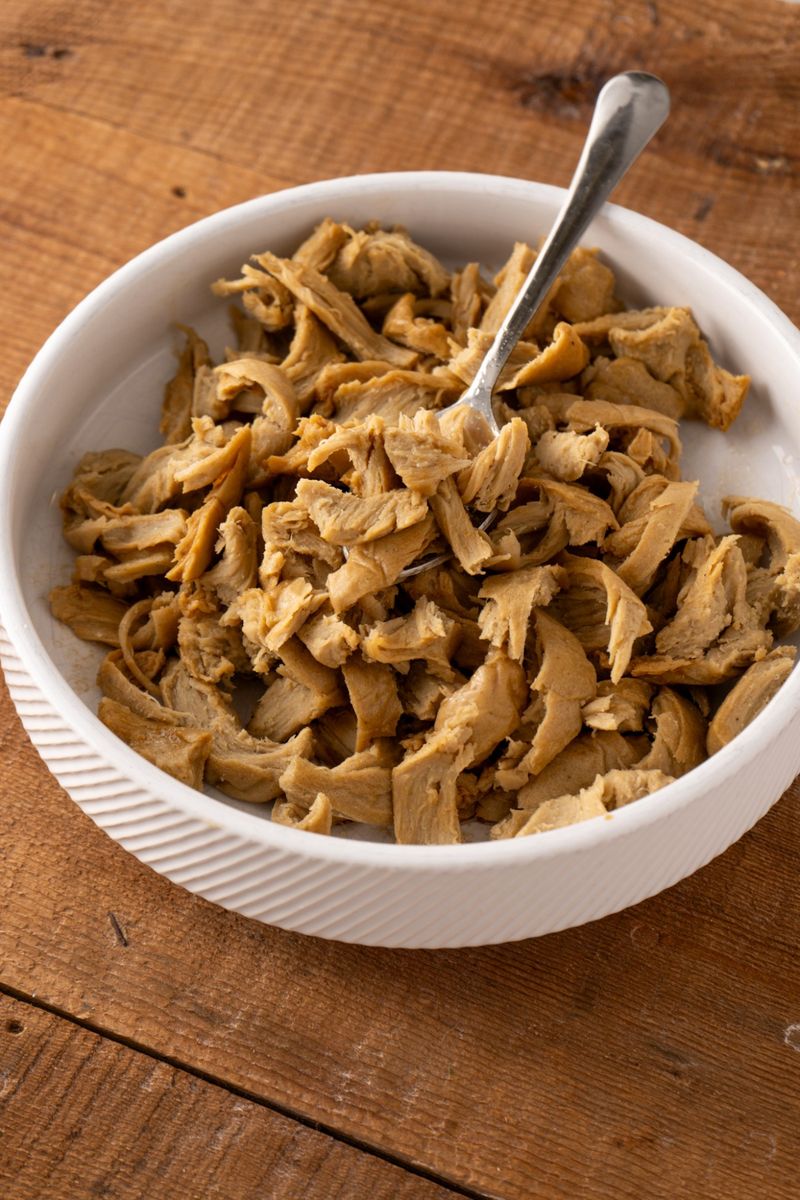
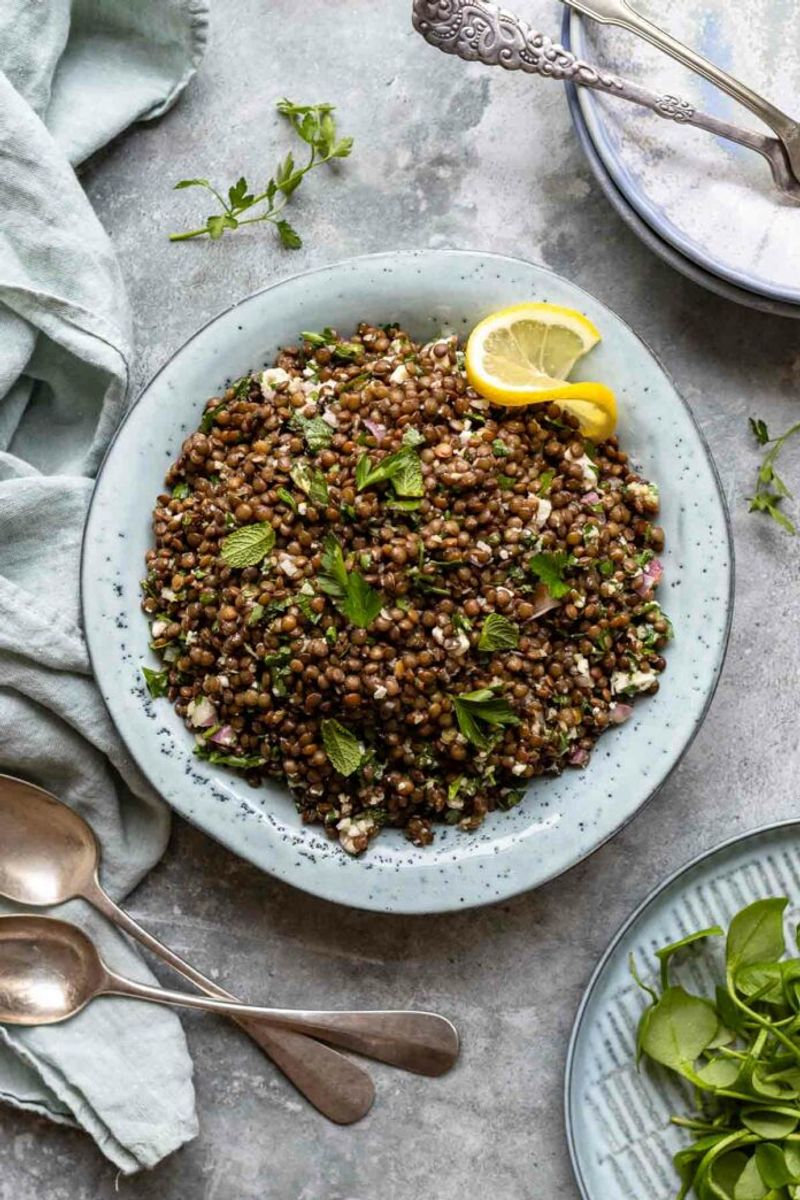
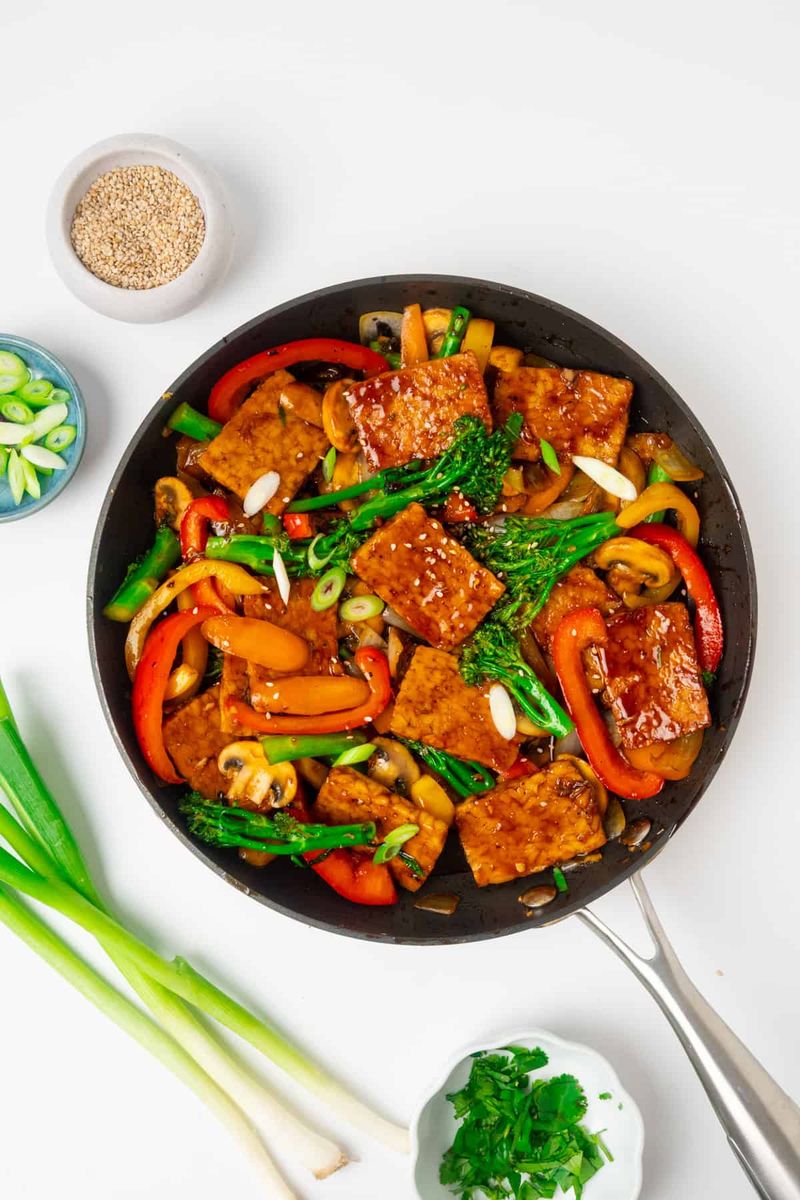
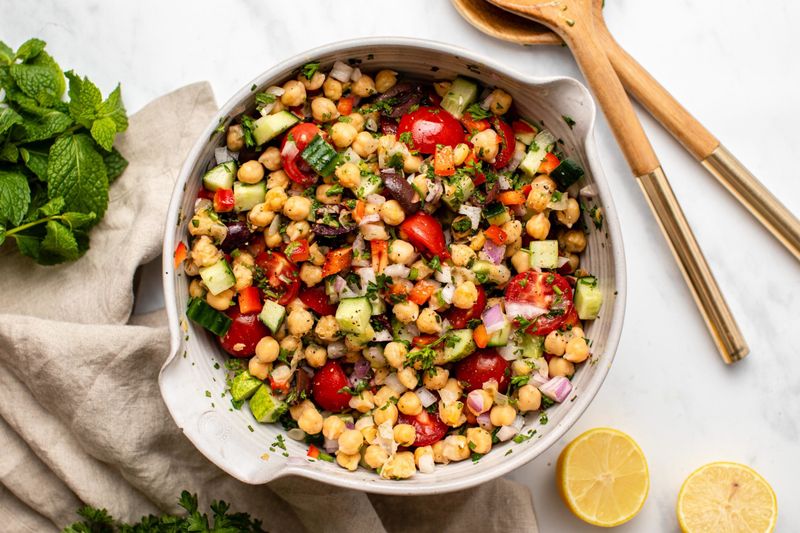
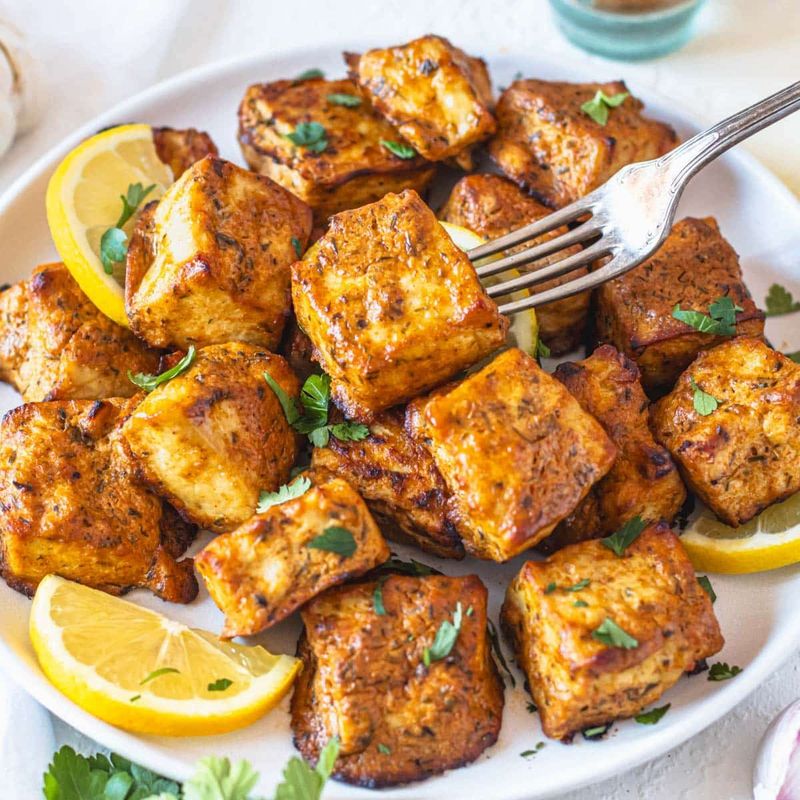
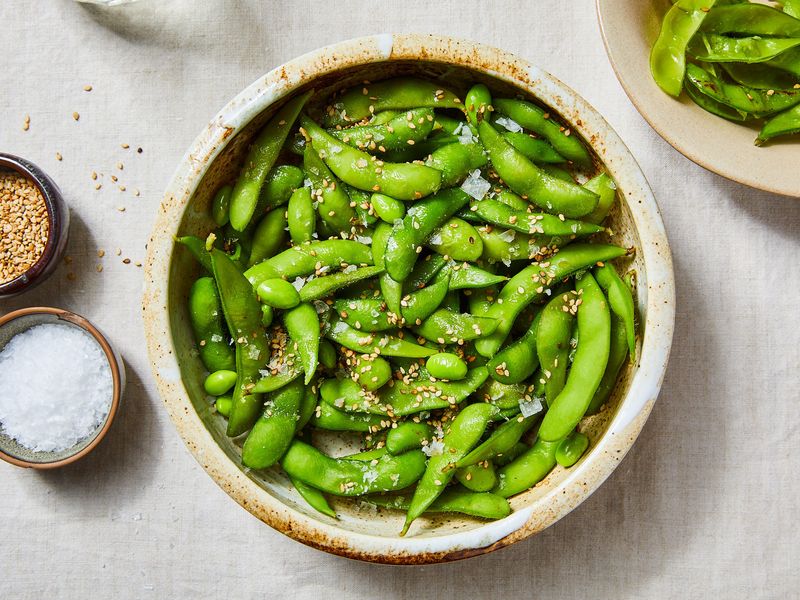
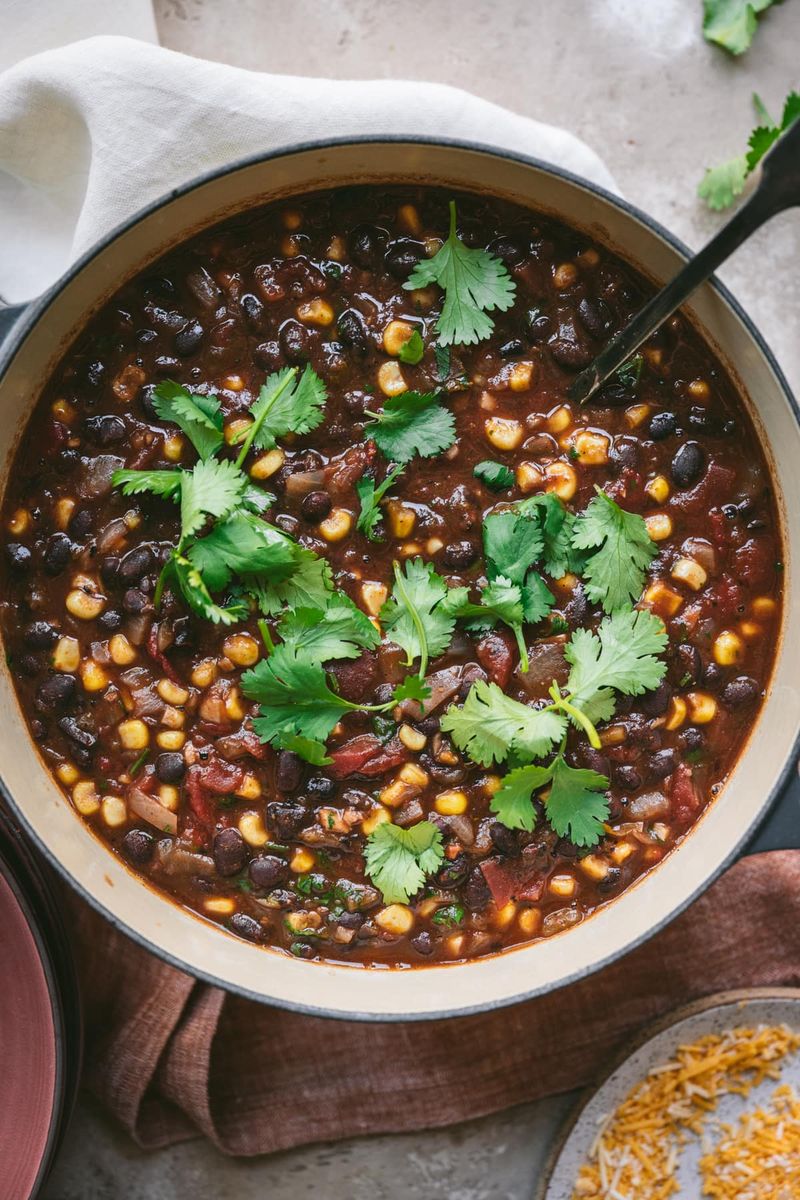
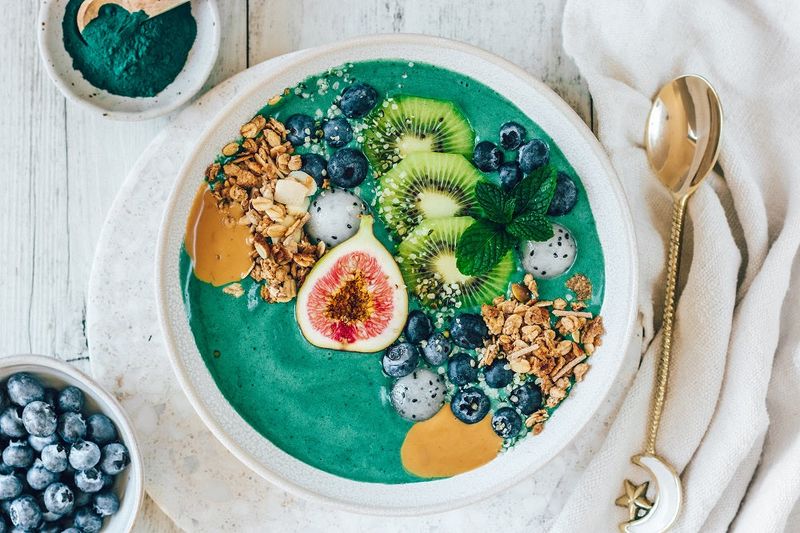

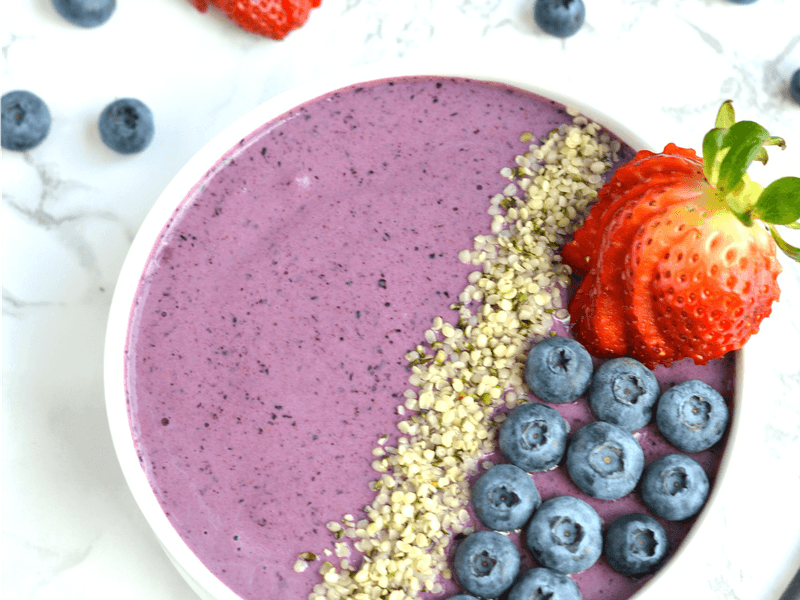
Leave a comment